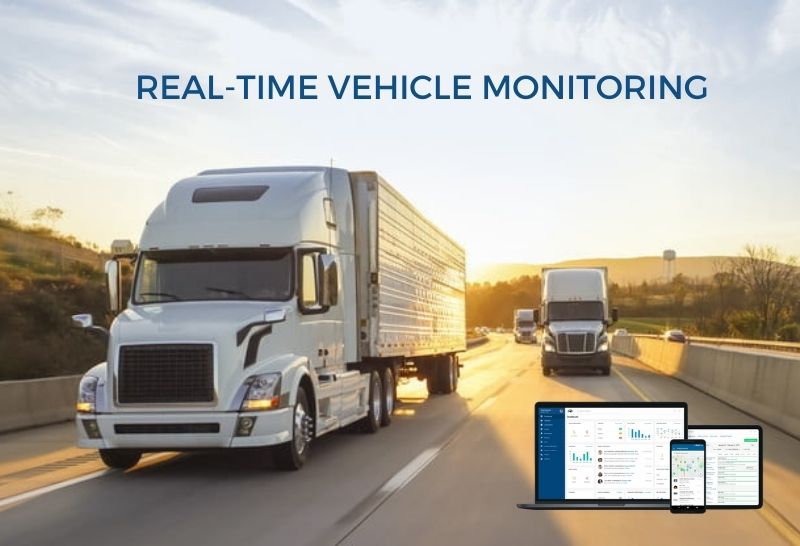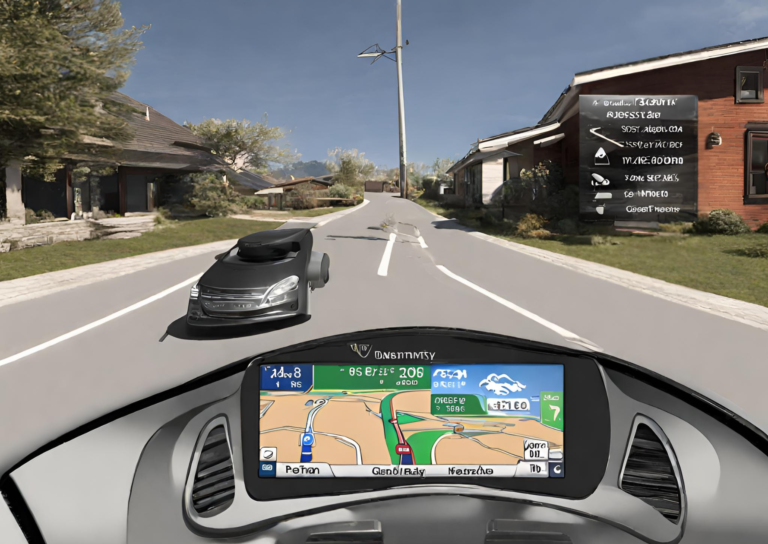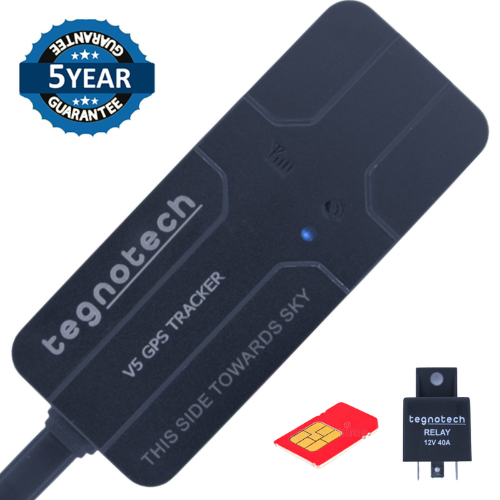The Benefits of Vehicle GPS Tracking Devices for Effective Fleet Management

The Benefits of Vehicle GPS Tracking Devices for Effective Fleet Management
Fleet management involves the administration and coordination of commercial vehicles such as cars, vans, trucks, and specialized equipment to achieve optimal efficiency and productivity. The implementation of GPS tracking devices has revolutionized fleet management, offering numerous benefits that enhance operational effectiveness. Here are the key benefits of using vehicle GPS tracking devices for fleet management:
1. Real-Time Vehicle Monitoring
- Location Tracking: GPS devices provide real-time information on the precise location of each vehicle, allowing fleet managers to monitor movements and ensure vehicles are on the correct routes.
- Route Optimization: Real-time tracking enables the identification of the most efficient routes, reducing travel time and fuel consumption.
2. Improved Productivity and Efficiency
- Automated Reports: GPS tracking systems generate automated reports on vehicle usage, mileage, and idle times, helping managers analyze performance and identify areas for improvement.
- Enhanced Scheduling: With accurate location data, managers can better schedule dispatches, deliveries, and pick-ups, ensuring timely service and reducing downtime.
3. Cost Savings
- Fuel Efficiency: By optimizing routes and reducing idle times, GPS tracking helps in minimizing fuel consumption, leading to significant cost savings.
- Maintenance Alerts: GPS systems can monitor vehicle health and send alerts for scheduled maintenance or potential issues, preventing costly repairs and prolonging vehicle life.
4. Enhanced Safety and Security
- Driver Behavior Monitoring: GPS devices can track driving behaviors such as speeding, harsh braking, and rapid acceleration. Fleet managers can use this data to coach drivers and promote safer driving habits.
- Theft Prevention and Recovery: In the event of vehicle theft, GPS tracking provides real-time location data, aiding in quick recovery of the stolen vehicle.
5. Regulatory Compliance
- Electronic Logging Devices (ELDs): GPS tracking systems often include ELD functionality, helping fleets comply with regulations regarding hours of service and driver logs.
- Tax Reporting: Automated mileage tracking simplifies the process of calculating fuel taxes and other regulatory requirements.
6. Customer Service Enhancement
- Accurate ETAs: Real-time tracking enables fleet managers to provide customers with accurate estimated times of arrival (ETAs), improving customer satisfaction.
- Quick Response: In case of delays or issues, managers can quickly re-route vehicles or dispatch alternative resources, ensuring minimal disruption to service.
7. Environmental Benefits
- Reduced Carbon Footprint: By optimizing routes and improving fuel efficiency, GPS tracking helps reduce the overall carbon footprint of the fleet.
- Eco-Friendly Driving: Monitoring driver behavior and promoting eco-friendly driving practices contribute to lower emissions and a more sustainable operation.
8. Data-Driven Decision Making
- Analytics and Insights: GPS tracking systems collect vast amounts of data, which can be analyzed to gain insights into fleet operations, identify trends, and make informed decisions.
- Strategic Planning: Historical data on vehicle usage and performance helps in strategic planning, such as fleet expansion, vehicle replacement, and resource allocation.
9. Enhanced Accountability
- Driver Accountability: Real-time tracking and behavior monitoring ensure that drivers adhere to company policies and best practices.
- Asset Management: GPS tracking provides visibility into the usage and location of all fleet assets, ensuring they are used efficiently and not misused.
10. Scalability and Integration
- Scalable Solutions: GPS tracking systems can be scaled to fit the needs of any fleet size, from small businesses to large enterprises.
- Integration with Other Systems: GPS tracking can be integrated with other fleet management systems, such as dispatch software, maintenance management, and fuel management systems, creating a comprehensive solution.
Conclusion
The integration of vehicle GPS tracking devices into fleet management offers a wide range of benefits, from real-time monitoring and cost savings to enhanced safety and improved customer service. By leveraging the power of GPS technology, fleet managers can optimize operations, increase efficiency, and ensure regulatory compliance, ultimately leading to a more effective and profitable fleet management strategy.





